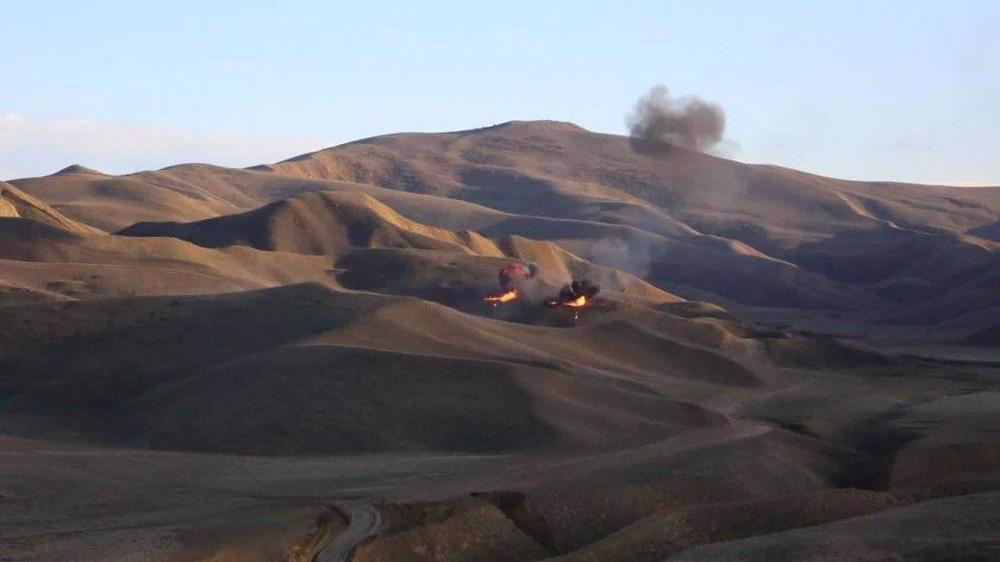Rohingya refugees found abandoned in Thai forest
More than a dozen Muslim Rohingya refugees abandoned by human traffickers have been found in a forest area of southern Thailand, local Thai police officials say.
Thai Police captain Panuwat Chomyong said the refugees, including several children, were found during the early hours of Wednesday in the southern province of Chumpon, adding, "Fourteen Rohingyas, including kids as young as a few years old, were found at around 6 a.m. (Wednesday)."
The official said the smugglers abandoned the group ahead of a police checkpoint in the troubled region. He added that the refugees had initially entered Thailand through Kanchanaburi Province, a much more northern entry point than those usually used by people smugglers.
Human rights groups have accused Thailand of turning a blind eye to well-worn trafficking routes in the deep south that carried thousands of Rohingya refugees over the border into Malaysia.
Responding to calls by international organizations and right groups, Thai enforcement agencies have stepped up crackdown on human trafficking since they discovered a series of mass graves in the troubled region.
In May 2015, Thai and Malaysian authorities unearthed several graves believed to contain the remains of Rohingyas at abandoned jungle camps used by human smugglers along both sides of the border.
Thousands of migrants from Myanmar, mainly from the Rohingya community, make the dangerous sea crossing to southern Thailand.
Rohingya refugees mostly flee to neighboring countries such as Thailand, Indonesia and Malaysia.
The United Nations High Commissioner for Refugees has repeatedly called on Myanmar's neighboring countries to accept Rohingya Muslims fleeing the state-sponsored bloody communal violence.

The Muslim minority group has witnessed attacks by extremist Buddhists in Myanmar. The violence has forced nearly 100,000 of them to flee the country.
According to the United Nations, the Rohingya Muslims of Myanmar are one of the most persecuted minorities in the world. They have faced torture, neglect and repression since Myanmar’s independence in 1948.
Myanmar denies citizenship to its 1.3 million Rohingyas, placing restrictions on their movement, marriage, and economic opportunities. The government has been repeatedly criticized by human rights groups for failing to protect the Rohingya.
Myanmar's opposition leader Aung San Suu Kyi has come under fire for her stance on the violence against the Rohingya. The Nobel Peace Prize laureate has refused to censure the Myanmar military for its persecution of the Muslims.
Iran blasts Israeli assaults on Yemen’s civilian infrastructure
Iran, Turkey urge end to Israeli war on Gaza to ensure regional security
Israeli soldiers expose shoot-to-kill policy in Gaza’s ‘kill zone’
VIDEO | Ireland-Israel tensions intensify over Gaza genocide
US lawmakers call for end to military supply for Israel
Lebanese PM raises alarm over Israel's daily ceasefire violations
Dec. 18: ‘Axis of Resistance’ operations against Israeli occupation
VIDEO | Israeli warplanes raid ‘civilian facilities’ across Yemen















 This makes it easy to access the Press TV website
This makes it easy to access the Press TV website